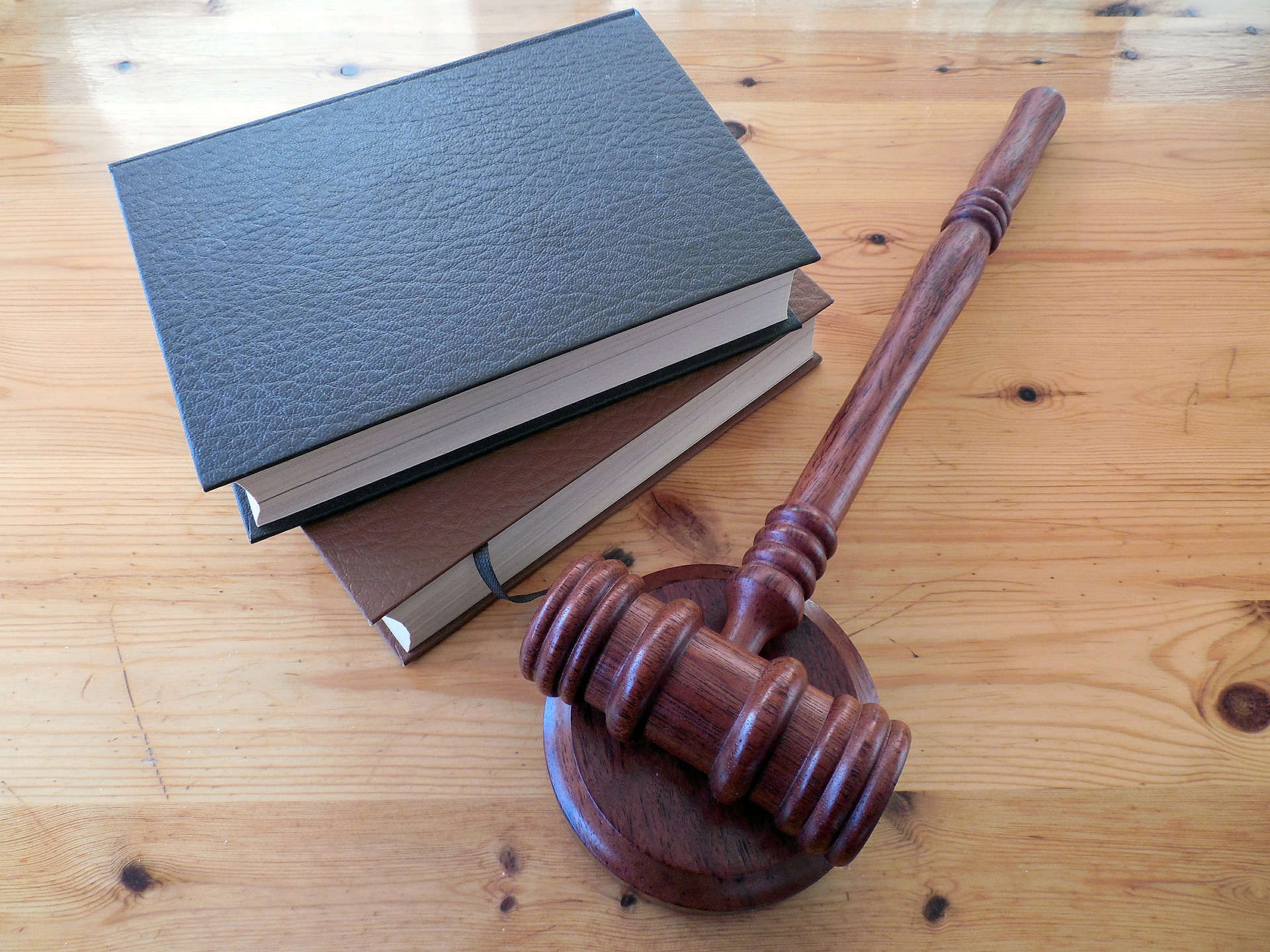What Are Open and Obvious Hazards in New Jersey Slip and Fall Cases?
Posted October 30th, 2023.
Categories: Personal Injury.

New Jersey premises liability law states that the owner or manager of a property must maintain it and repair any damages. Failing that, they must post adequate warnings so that anyone visiting will take note. But, under the principle of comparative negligence, a plaintiff’s damages may be reduced by however much the plaintiff’s negligence contributed to their own harm, such as by neglecting to avoid an open and obvious hazard. This blog post explains how New Jersey laws define open and obvious hazards. If you’ve been injured on another person’s property in New Jersey, please reach out to a Cherry Hill personal injury attorney today. We’ll fight for your compensation.
Open and Obvious Hazards in New Jersey
Owners, managers, and occupants of a property have a duty to ensure it is safe for anyone who enters. Therefore, if someone enters and is injured, the owner, occupant, or manager may be liable for either not fixing the hazard or failing to put up warnings about the hazard.
However, defendants can reduce how much they must pay in compensation if they can prove that the causal hazard was open and obvious. If the plaintiff argues that the defendant should have known about the hazard and fixed it, the defendant may argue that the plaintiff was negligent in not avoiding something clearly, visibly dangerous.
Examples of open and obvious hazards include a ladder in a store, uneven concrete on the sidewalk when nothing blocks the plaintiff’s view, or a stairway with a broken banister.
Open and Obvious Hazards in Comparative Negligence
Although it may seem like a big risk for the defendant to bring up that they knew about the hazard, doing so can help the defendant pay less in compensation under the principle of comparative negligence.
To decide comparative negligence, courts look to factors like the location and visibility of the hazard, as well as how long the hazard has been present. All these are weighed together. For example, although the defendant can point to the visibility of the hazard to reduce the plaintiff’s award, courts tend to be less forgiving the more dangerous the hazard itself is.
In the end, the plaintiff’s award is reduced proportionally—how negligent the plaintiff was in comparison to how negligent the defendant was. For example, if the court awards $100,000 in compensation but finds the plaintiff 20% negligent, the award is reduced to $80,000.
Contact Us Today
If you’ve been injured in a slip and fall and want to take the property owner or manager to court, you may be worried about how the open and obvious doctrine will affect your case. Call us right away, so we can help you get the highest compensation possible.
